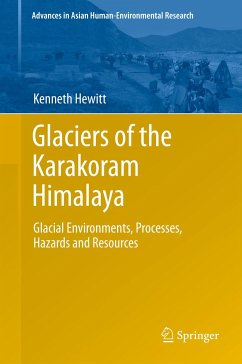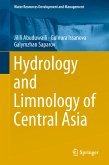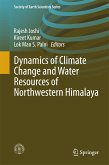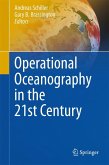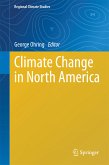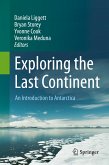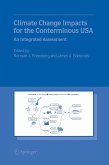Useful research initiatives go back to the nineteenth century, but coverage has generally been limited geographically and has not been continuous over time. It is almost 80 years since a monograph was devoted to the Karakoram glaciers. The book presents a comprehensive overview, including statistics for the ice cover, glacier mass balance and dynamics, glacierized landscapes, rock glaciers, water resources and environmental hazards. Published glaciological and related research is surveyed along with expedition reports and archival materials in several languages. The expanding potential of satellite coverage is exploited, but conditions and processes reported from field investigations are the main focus. Previously unpublished observations by the author are presented, based on some 45 years of work in the region.
Broad understanding of the glacial environment is used to address emerging concerns about the High Asian cryosphere and the fate of its glaciers. These are discussed in relation to the pressing issues of water supply, environmental risk and sustainability. Questions of what is not known help identify much needed monitoring and research.
The book is of interest to researchers, professionals, and those studying glaciers, mountain environments, water resources and environmental hazards. The topics discussed should be of concern for anyone involved in regional development and global change in South and Inner Asia.
Dieser Download kann aus rechtlichen Gründen nur mit Rechnungsadresse in A, B, BG, CY, CZ, D, DK, EW, E, FIN, F, GR, HR, H, IRL, I, LT, L, LR, M, NL, PL, P, R, S, SLO, SK ausgeliefert werden.

